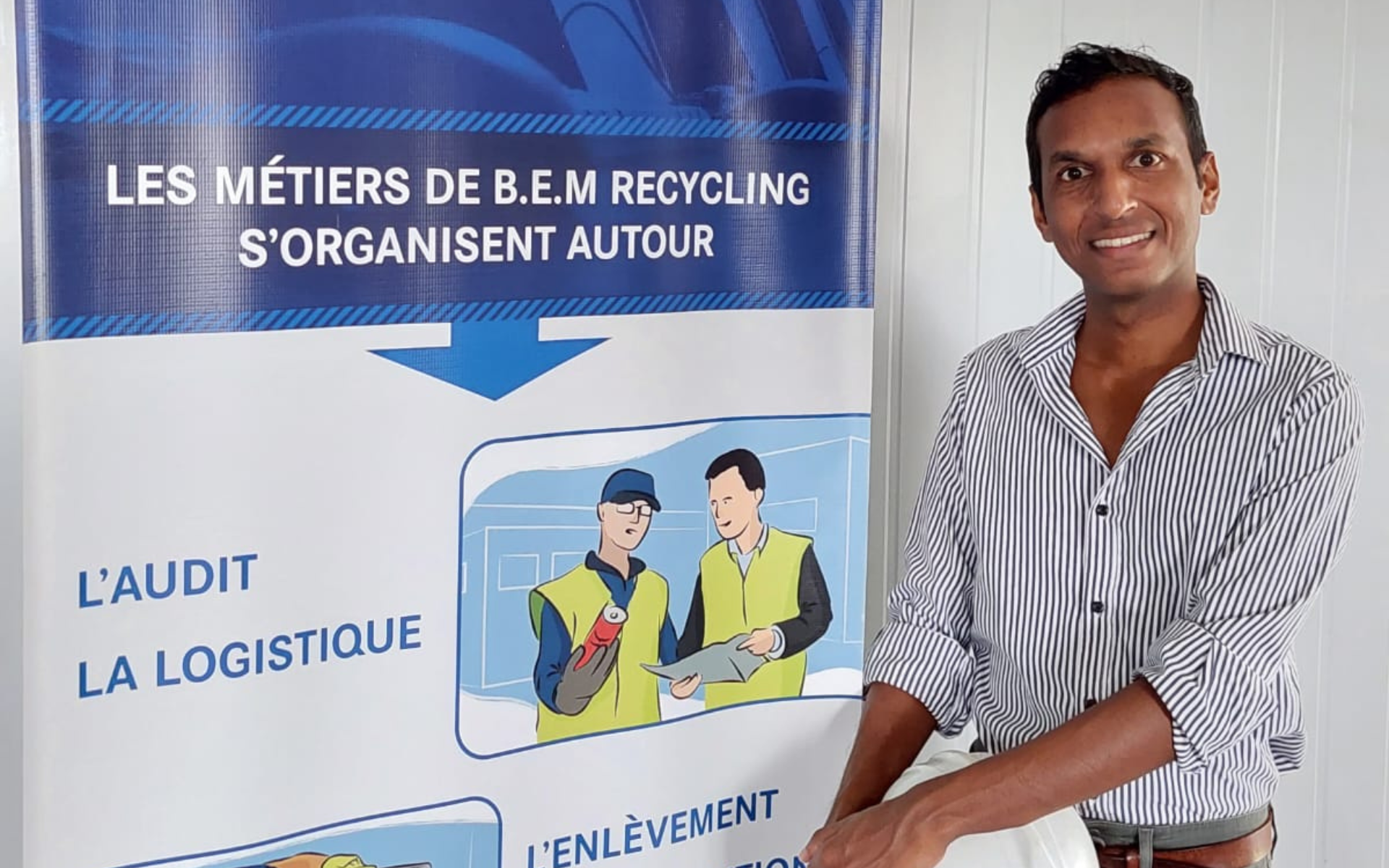Our technological equipment, such as televisions, computers, and even mobile phones, frequently break down or become obsolete. But what are we going to do with this equipment?
While some of us may store them in a corner of the house, it is not unusual for others to just dump them on unoccupied lots or wait for garbage trucks to pass. Is it possible to put a stop to such practices? In any event, it is our daily battle.
An increase in volume
According to the most recent environmental data, Mauritius produces roughly 12,000 tons of electronic garbage, commonly known as E-Waste, each year. This amount is likely to rise dramatically in 2023, with an extra 9,000 tonnes. Regrettably, the vast majority of this material is dumped without being processed or recycled.
Mismanagement of electronic trash has major environmental and public health effects. This puts natural resources and biodiversity at risk. Actually, electronic gadget components contain heavy metals and hazardous compounds that may contaminate soils and streams, damaging ecosystems.
Moreover, e-waste left in the wild can emit greenhouse gasses that damage the ozone layer and contribute to global warming.
A bet so that everyone comes out a winner
There are several advantages to recycling e-waste. First and foremost, it contributes to the preservation of natural resources by recovering materials that may be reused. Reduced output also contributes to lower greenhouse gas emissions, providing a brighter future for future generations. Moreover, recycling e-waste may help to create jobs and encourage economic development by encouraging innovation. There are several industries that provide ethical and sustainable solutions for disposing of this equipment.
Recycling initiatives are in place at certain electronics manufacturers to gather used equipment. For example, BEM Recycling recently assisted Scott & Co. Ltd in their reforestation project by collecting and recycling old batteries that it distributes. It is also critical to determine whether your manufacturer offers such a program and to follow the recycling guidelines.
Lastly, if your electronic equipment is still in good shape, you may give or sell it. Online platforms, such as secondhand shopping sites or social media groups, can aid in the identification of potential purchasers. We especially thank our colleagues, The Good Store and The Charity Centre, who perform outstanding work in this area.
BEM : who are we?
BEM Recycling Ltd, which has been in operation for 20 years, is a recycling company that specializes in the recovery of Waste Electrical and Electronic Equipment (WEEE). Our initial trade is pollution removal. Second, we recycle the numerous components contained in WEEE into secondary materials as part of our business. It is a position taken in the framework of the circular economy, with the goal of establishing a strong network with local and international businesses in order to enhance WEEE management on Mauritian soil.
Significant progress has been made in a variety of sectors since our inception, and a genuine movement towards a more sustainable economy has been witnessed as a result of the efforts taken, notably in terms of recycling at all levels.
Our company’s efforts and patience have paid off: BEM Recycling was recognized at the Sustainable Tourism Mauritius Awards 2022 ceremony and also received the “Made in Moris” label.
In terms of environmental impact, our awareness initiatives have been successful, with 110 tons of electrical and electronic garbage collected by 2022. This is due in part to our proximity to Mauritians and their rising interest in environmental protection and the development of a sustainable and green island. Our role is to assist businesses and individuals with their recycling efforts.
Why trust us ?
BEM, owing to the vision of its project manager, Thierry Malabar, is a small enterprise that promotes openness and humanism. This mindset is critical for developing a sustainable organization, and BEM leaders work hard to instill it in their employees as well as share it with their partners, collaborators, and suppliers. Therefore, we discover organizations like The Good Store, The Charity Center of Tamarin, Mission Verte, and We-Recycle that adhere to the same principle as BEM.
BEM, as a responsible firm, places a high value on traceability. BEM is consistent with the environmental and social norms that govern the circular economy. During its operations, the business adheres to all international and Mauritius rules and regulations. Do you have any questions? Don’t be hesitant; our phone line is always available!
